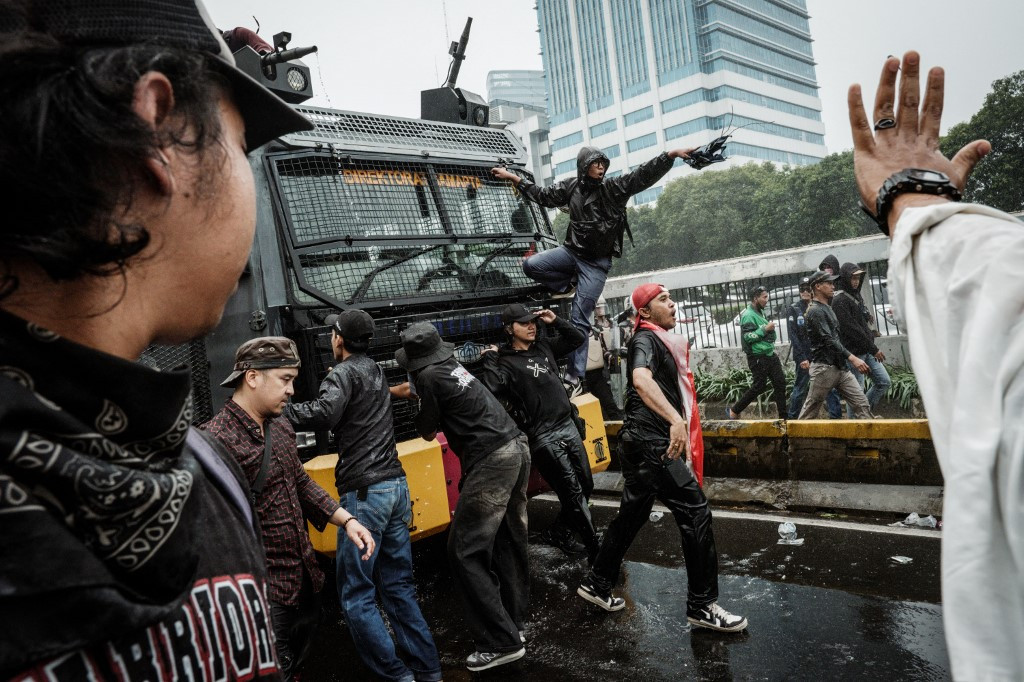Popular Reads
Top Results
Can't find what you're looking for?
View all search resultsPopular Reads
Top Results
Can't find what you're looking for?
View all search resultsThe Hunger Games in the making in Independence Month
Indonesia initiated sweeping reforms in 1998 not only because of high prices but because symbols of extravagance amid suffering made the pain unbearable.
Change text size
Gift Premium Articles
to Anyone
I
n The Hunger Games, the Capitol glitters while the districts starve. The elites feast, dress extravagantly and stage parades as if hunger were a distant rumor. That was fiction, but in Indonesia today, the parallels feel striking.
The celebration of Indonesia’s independence this year revealed a widening divide. Throughout the Independence Month of August, the country was flooded with parades, contests and ceremonies. On the surface, these events project unity and pride. Yet beneath the banners and balloons, many Indonesians whisper about household budgets, rising bills and food that feels more expensive each week. The symbolism of abundance collides with the reality of scarcity.
The contrast sharpened on Aug. 25. Protestors gathered outside the House of Representatives to demand relief from the relentless rise in prices. Their chants carried the anger of citizens who feel squeezed between markets and policies.
At about the same moment, President Prabowo Subianto poured state medals to many of his loyalists in a ceremony at the palace. The two images, citizens crying out for relief and leaders wrapped in ritual, spoke volumes about the disconnect between the governors and the governed.
A policy vacuum sharpens that disconnect. Rising rice prices have persisted despite official claims of stock sufficiency, exposing weaknesses in data accuracy, distribution and oversight. If reports of surplus cannot prevent shelves from emptying, then the public has a reason to question whether policy tools are aligned with real conditions.
Max Weber helps us see why this matters. A government’s legitimacy, he argued, rests not only on legal authority but also on the belief that authority serves the public good. Policies that ignore everyday hardship weaken this foundation.
Jean Jacques Rousseau took it further. For him, the social contract binds rulers and citizens in a pact of mutual obligation. When rulers fail to honor that pact, citizens feel not only disappointed but betrayed.



















